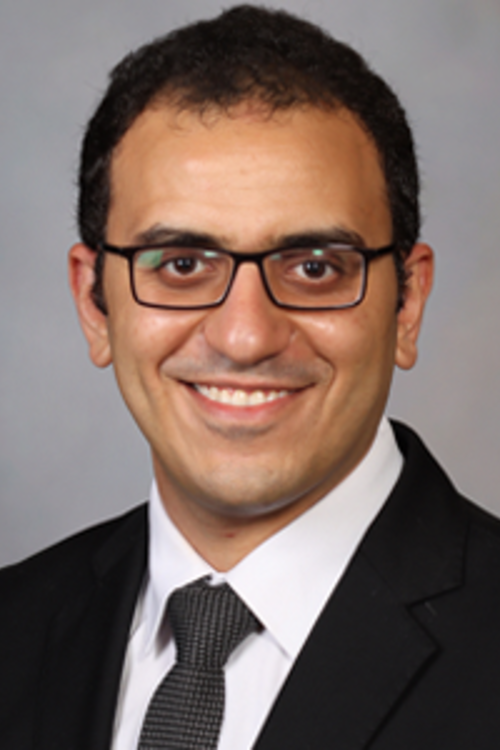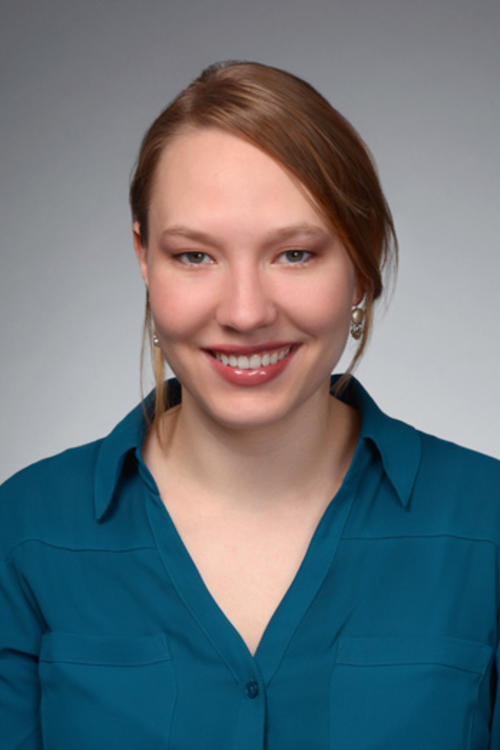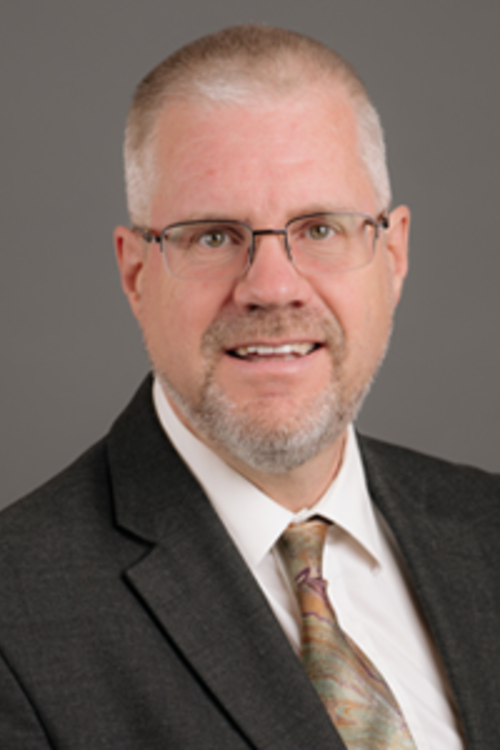Rheumatic and Autoimmune Diseases- Our Faculty


Assistant Professor of Medicine, Division of Rheumatic & Autoimmune Diseases




Assistant Professor of Medicine, Division of Rheumatic and Autoimmune Diseases



Professor of Medicine, Division of Rheumatic and Autoimmune Diseases

